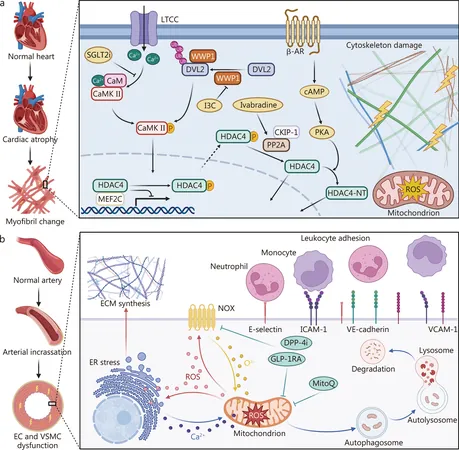
Unraveling the Cardiovascular Challenges of Spaceflight: How Microgravity Impacts Heart Health and What We Can Do About It
2024-09-27
Introduction
Over recent years, researchers have unveiled a wealth of cardiovascular abnormalities linked to extended exposure to microgravity during space missions. Astronauts frequently face issues such as myocardial atrophy, cardiac dysfunction, and vascular problems, underscoring the urgent need to understand the physiological effects of spaceflight on heart health.
Short-term vs Long-term Effects of Microgravity
Initial investigations have shown that shifts in bodily fluids toward the head can temporarily enhance heart function during short-term missions. However, the long-term consequences are alarming. Prolonged exposure dramatically affects cardiac structure and performance, leading to cardiac atrophy through adaptations in ion channel behavior and increased oxidative stress, resulting in overall diminished cardiac efficiency.
Research Findings
Various studies have employed advanced imaging technology to document these subtle yet severe effects on astronauts' hearts. For example, the National Aeronautics and Space Administration (NASA) found that 80% of Apollo astronauts exhibited a decrease in the cardiothoracic ratio, indicating potential heart size reduction upon returning to Earth. Furthermore, echocardiography indicated reduced left ventricular mass and stroke volume post-mission, reinforcing concerns regarding prolonged spaceflight's impact on astronaut health.
Ground-Based Studies
Interestingly, even ground-based studies simulating microgravity, such as bed-rest protocols, have echoed these findings. Rodent models consistently demonstrate reductions in cardiac mass relative to body weight—an alarming parallel that hints at universal vulnerability to microgravity-induced cardiac atrophy across species.
Cellular Mechanisms
The intricacies of how microgravity alters cellular mechanisms are compelling. Research indicates that microgravity disrupts calcium handling within cardiac cells, leading to improper signaling pathways and heart muscle remodeling. Moreover, oxidative stress has been implicated as a critical pathway by which microgravity compromises normal heart function, causing cellular damage and inflammation that can have lasting repercussions.
Vascular Health
Vascular health also takes a hit in microgravity. Spaceflight can lead to thickening and stiffening of arterial walls, raising potential risks for cardiovascular disease—a reality underscored by observed increases in intima-media thickness among astronauts after long-duration missions at the International Space Station. Such changes may predispose astronauts to vascular issues long after their journeys have ended, presenting a new frontier in aerospace medicine.
Potential Countermeasures
As we shift focus towards solutions, several countermeasures are being proposed. Exercise regimens tailored to simulate the physical demands of gravity may mitigate some cardiovascular issues, but these need to be personalized to address both aerobic fitness and resistance training. Additionally, pharmacological strategies repurposing anti-diabetic medications may also show promise in targeting the underlying cardiovascular mechanisms affected by microgravity.
Space Radiation and Cardiovascular Health
The connection between space radiation and cardiovascular health cannot be ignored either. Research has established that radiation exposure exacerbates oxidative stress and impacts cardiac structure over time. The combined effects of microgravity and radiation present a dual challenge, making protective strategies against both stressors crucial for long-term astronaut health.
Conclusion
Ultimately, with more astronauts embarking on deeper space missions, understanding and addressing the cardiovascular challenges posed by microgravity will be critical. Through a multifaceted approach that includes both preventive and therapeutic measures, the aim should be to ensure the long-term health and performance of astronauts venturing into the unknown realms of space.
Future Research
Stay tuned! New research is on the horizon, revealing ingenious strategies that could redefine our understanding of cardiovascular health in the cosmos. What changes can be made to protect our future astronauts during their brave voyages? You won't want to miss it!
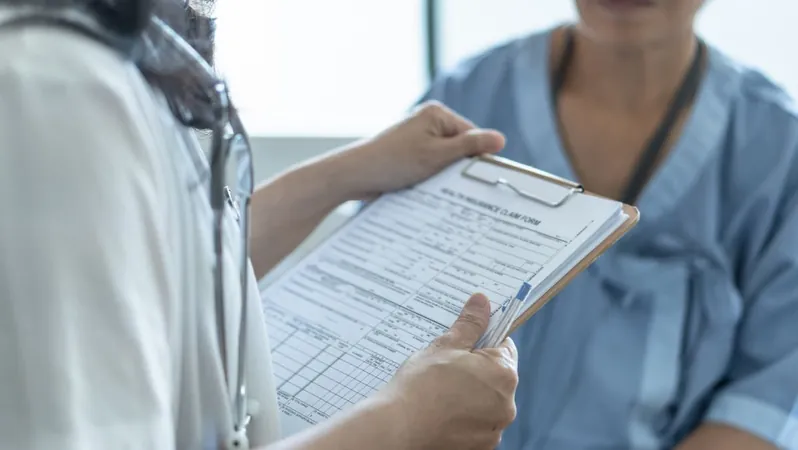
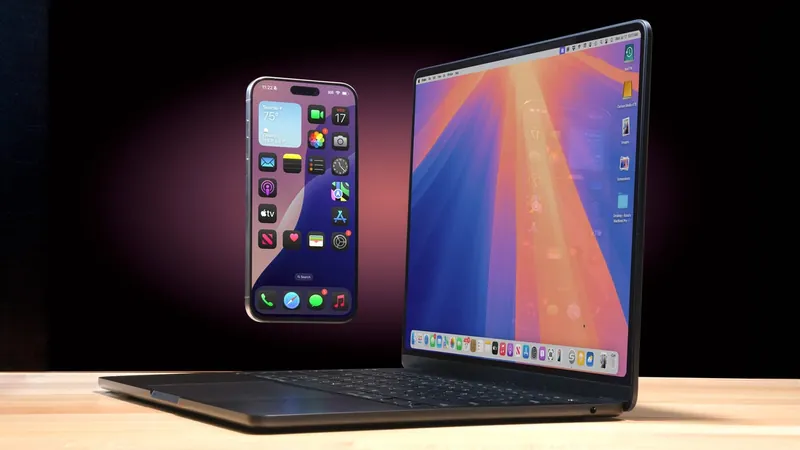
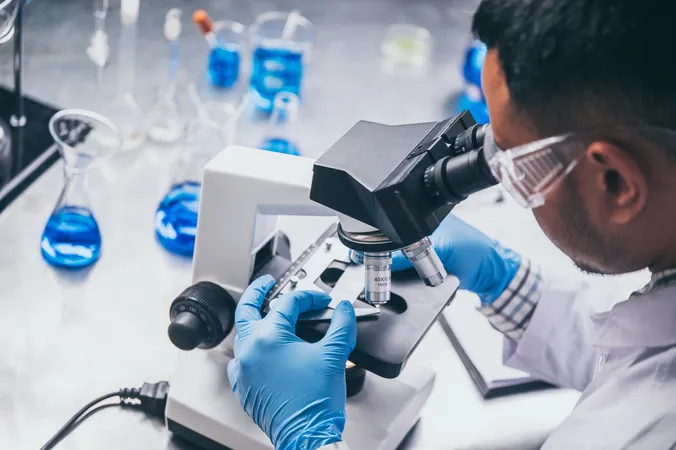
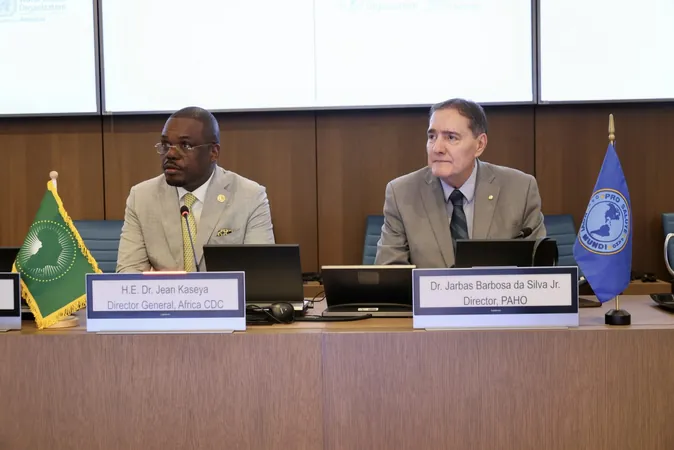
 Brasil (PT)
Brasil (PT)
 Canada (EN)
Canada (EN)
 Chile (ES)
Chile (ES)
 España (ES)
España (ES)
 France (FR)
France (FR)
 Hong Kong (EN)
Hong Kong (EN)
 Italia (IT)
Italia (IT)
 日本 (JA)
日本 (JA)
 Magyarország (HU)
Magyarország (HU)
 Norge (NO)
Norge (NO)
 Polska (PL)
Polska (PL)
 Schweiz (DE)
Schweiz (DE)
 Singapore (EN)
Singapore (EN)
 Sverige (SV)
Sverige (SV)
 Suomi (FI)
Suomi (FI)
 Türkiye (TR)
Türkiye (TR)